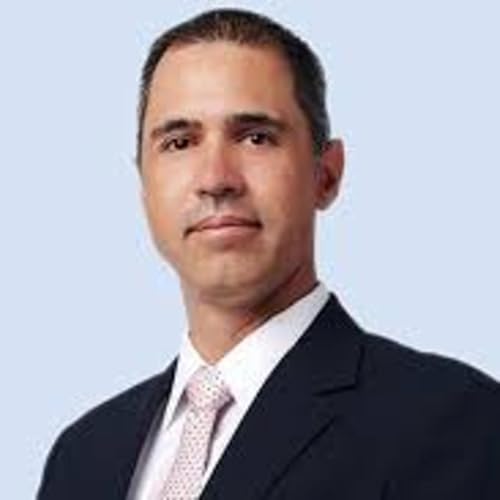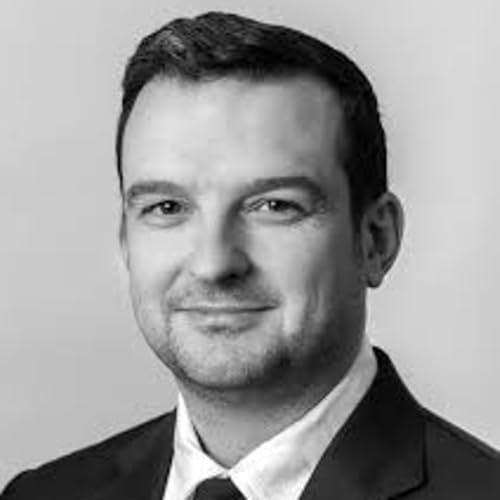In this episode of the MoneyWise UK Podcast, host George Ladds is joined by Ceri Hill, Head of Decumulation at Brooks Macdonald, for an in-depth discussion on the changing face of retirement.
Retirement has shifted from the world of guaranteed defined benefit pensions to one where individuals must manage defined contribution pots, creating new challenges for both clients and financial planners. Ceri explains why planning for sustainable retirement income is more complex than ever and highlights the key risks people face once they stop working—longevity, inflation, and sequencing risk.
The conversation explores:
How to define “enough” for retirement and why income needs must come before portfolio size.
The growing importance of cash flow modelling, its benefits, and its limitations.
The shared responsibility between clients and advisers in building accurate retirement plans.
The pros and cons of the three main income approaches: selling down units, natural income, and annuities.
Why the bucketing strategy—segregating investments by time horizon—can help manage risk and provide reassurance during market downturns.
The emotional as well as financial dimensions of retirement, and the importance of strategies that promote better behavioural outcomes.
Ceri also shares insights into Brooks Macdonald’s recently launched retirement solutions, built on a multi-bucket approach designed to balance flexibility, income security, and long-term growth. He emphasises the opportunity for advisers in the decumulation space, the need for providers to support planners beyond just product delivery, and the importance of innovation as retirement needs continue to evolve.
Whether you are an adviser, investor, or someone planning for your own retirement, this episode offers clear insights into the risks, strategies, and innovations shaping retirement today.
Follow, share, comment, rate and subscribe to Money Wise UK for thoughtful, independent conversations on the future of investing.
Please note: This podcast does not provide financial advice. If you have any questions, we recommend speaking to a financial adviser. Past performance does not guide future returns; investments can fall and rise. Any mention of a company is not a recommendation.
 2025/10/111 時間
2025/10/111 時間 51 分
51 分 45 分
45 分 1 時間 7 分
1 時間 7 分 40 分
40 分 53 分
53 分 2025/09/0457 分
2025/09/0457 分 2025/07/2837 分
2025/07/2837 分
